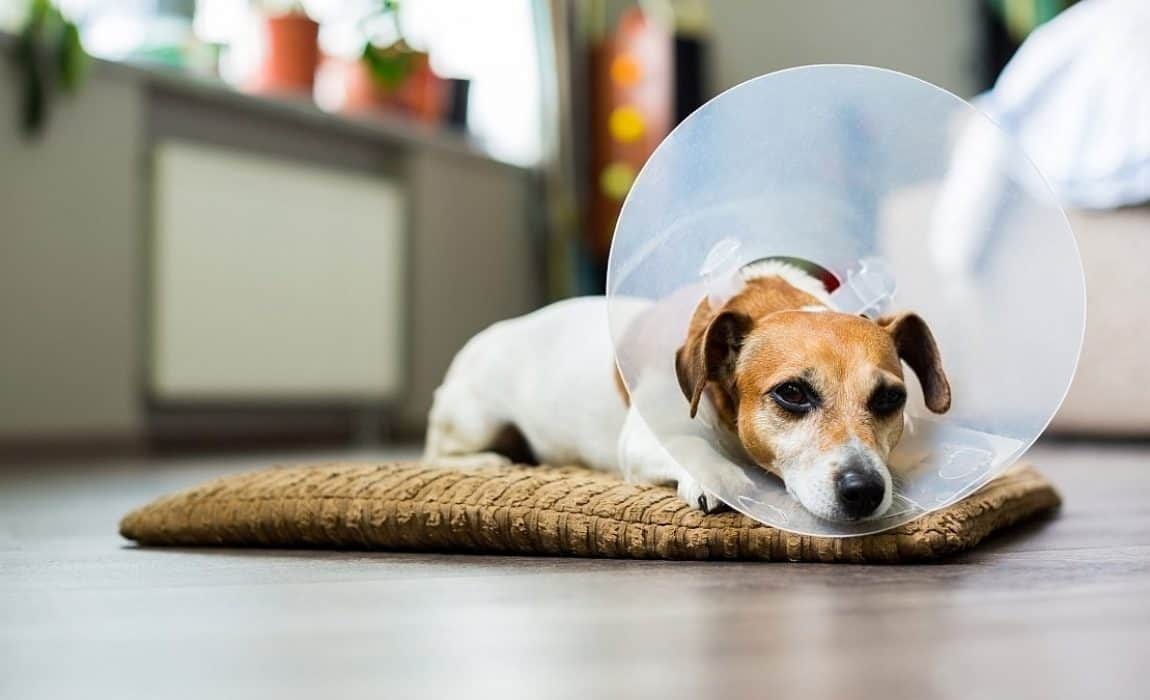Dogs can play after getting neutered but there are some things to keep in mind. First, it is important to let the incision heal properly before letting your dog run and play too much. Second, you may want to avoid contact sports or anything that could put stress on the incision.
And finally, be sure to keep an eye on your dog for any signs of discomfort or pain. If everything looks good, then go ahead and enjoy some play time with your pup!
Caring for your dog after Neutering them? | 5 Tips – Veterinarian approved
Many dog owners wonder if it is okay for their four-legged friend to play after getting neutered. The answer is yes! Dogs can and should play after getting neutered.
This is a common misconception that because they no longer have testicles, they shouldn’t run or play like they used to. However, this couldn’t be further from the truth. Playing is actually great for dogs who have been recently neutered as it helps them release any excess energy and also eases any discomfort they may be feeling in their incision area.
So go ahead and let your pup play to his heart’s content – he’ll be back to his normal self in no time!
When Can My Dog Play With Other Dogs After Neutering
If you are thinking about getting your dog neutered, you may be wondering when he can start playing with other dogs again. The good news is that there is no hard and fast rule – it just depends on your individual dog. Some dogs will be able to play with others right away, while others may need a little more time to recover from the surgery.
Here are a few things to keep in mind when deciding when your dog can play with others:
1. How is your dog feeling? If he seems tired or sore, it’s probably best to wait a day or two before letting him play.
He’ll likely have more energy once he’s had a chance to rest and heal up a bit.
2. How does he act around other dogs? If he’s shy or fearful, it may take him longer to feel comfortable playing with them.
If he’s confident and social, he may be ready to go sooner. Watch his body language and let him approach other dogs at his own pace.
3. What type of activity are you looking for?
If all you want is some light play (such as fetch), your dog may be able to do that soon after surgery. However, if you’re hoping for more vigorous activities (like wrestling), it’s best to wait until he’s fully healed so there’s no risk of injury.

Credit: www.k9ofmine.com
How Soon After Neutering Can a Dog Resume Normal Activity Levels
Most dogs can resume normal activity levels within a few days to a week after neutering surgery. It is important to keep your dog calm and quiet during this time to allow for proper healing. You may need to restrict your dog’s activity level by keeping them on a leash or in a crate when you are not able to supervise them.
Your veterinarian will let you know when it is safe to resume normal activities.
Is There Any Reason to Avoid Letting a Newly-Neutered Dog Play With Other Dogs
There are a few reasons why you might want to avoid letting your newly-neutered dog play with other dogs. For one, your dog may be in pain and not feeling well after the surgery. Additionally, there is a risk of infection when any animal undergoes surgery.
Finally, your dog may have stitches or incisions that could become irritated or infected if they play too roughly with another dog. If you are unsure whether or not it is safe for your dog to play with others, it is best to check with your veterinarian first.
What are the Long-Term Health Benefits of Neutering for Dogs
There are many long-term health benefits to neutering your dog. Neutering helps to prevent testicular cancer and reduces the risk of prostate problems later in life. It also eliminates the possibility of your dog developing herniae or perianal tumors.
In addition, dogs who are neutered tend to live longer, healthier lives overall. They are less likely to develop behavior problems and are less likely to roam, which can lead to accidents or fights with other animals.
Conclusion
Dogs can play after getting neutered, but they may not have as much energy. Neutering can also affect a dog’s hormones, which can change their behavior.
